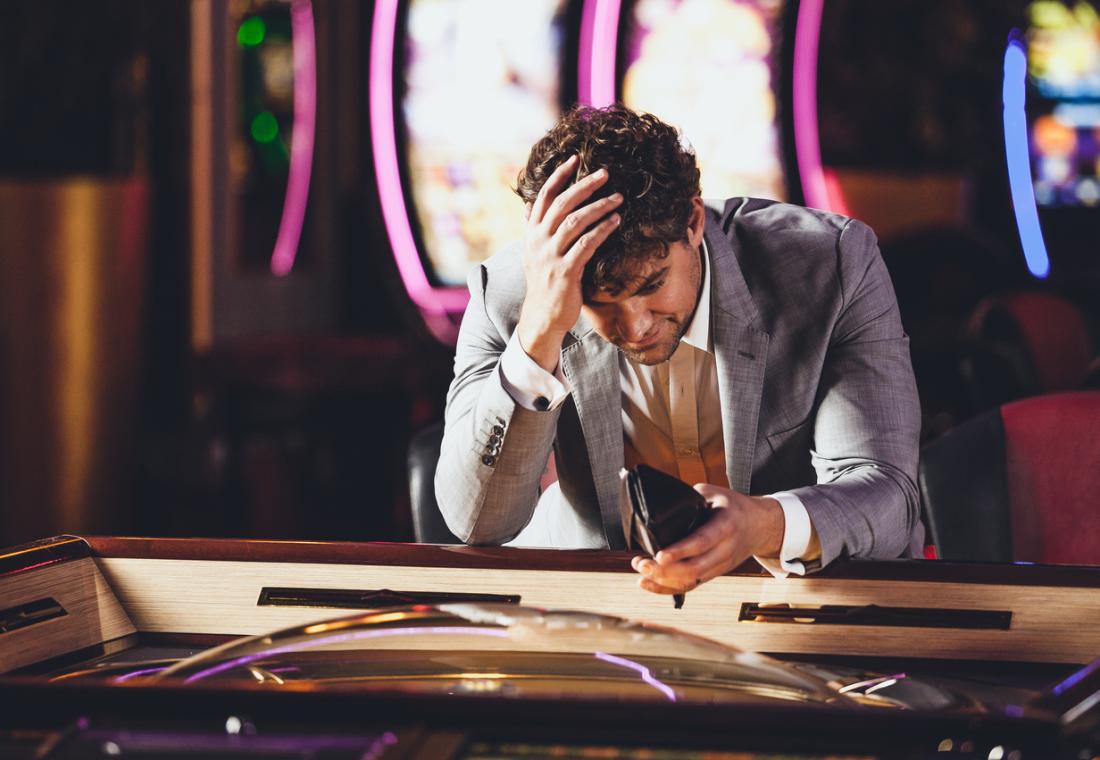How To Find Out If Someone Has A Gambling Problem
Talking to someone about problem gambling is never easy. It is important to remind them that you truly care for their well-being. Be specific and direct about your concerns; try to listen without. Signs that Someone May Have a Gambling Problem or Addiction It is often more difficulty to recognize the specific signs of a gambling addiction compared to a substance abuse addiction as with gambling problems the signs could be due to a number of causes, some of them legitimate.
- How To Find Out If Someone Has A Gambling Problem Involving
- How To Find Out If Someone Has A Gambling Problem To Be
- How To Find Out If Someone Has A Gambling Problem Without

Last updated: 10/25/2018
Author: Addictions.com Medical Review
Reading Time: 3minutes
For individuals who are suffering from compulsive gambling addiction, life can be difficult on a daily basis. This particular addiction is incredibly damaging to a person’s financial life and many people have had to file bankruptcy simply because they cannot stop gambling. If you feel that a loved one has this addiction, you may want to be aware of the signs that there is a problem. By identifying the signs, you will be able to help the individual overcome this issue.
How to Tell if Your Loved One Has a Compulsive Gambling Addiction

One of the first signs to look for when you think someone has a gambling addiction is what they do on a daily basis. Someone who has this type of addiction may exhibit it in a variety of different ways. One person might be an online casino addict and spend the majority of their time on gambling websites. Another person with a gambling addiction might spend a lot of their day buying and screening lottery tickets from local gas stations and convenience stores. Some people are also addicted to actually going to local casinos in their area and playing the machines that are available there.
Don’t let your loved one suffer from a compulsive gambling addiction any longer.
If you are noticing that a loved one is using one or several of these gambling methods on a constant basis, it could mean that they are suffering from a compulsive gambling addiction. You might also notice that someone with this issue constantly complains about money and financial problems. The person might work a steady job but still not have enough money for bills, rent or even food. Financial distress is a major problem that people who have this addiction have to deal with each day.
How to Confront Someone with this Addiction
If you feel that a loved one has this addiction, you may want to confront them about it. This type of addiction is no different from many others because the addict feels the urges to constantly gamble to see if they are able to win big. Confronting someone might mean something as simple as sitting down and asking them if they feel like they have a problem with their gambling. Some people recognize that they have an issue and are willing to get help for it. Others do not even realize that their gambling is an actual addiction and that it is causing problems in their life financially.
Working with a therapist when dealing with someone who has a compulsive gambling addiction can be thoroughly beneficial to both you and the person involved. Without help, a person with a gambling addiction can spiral out of control, lose all of their assets and face financial ruin. Before this happens, the person needs to understand that they have an addiction and that there is help out there for them if they simply reach out for it. Knowing the person who has the addiction will also help when you actually go to confront them about it personally.
Sources:
Signs of a Gambling Addiction
Compulsive Gambling Addiction
Gambling addiction is a type of impulse-control disorder where you have little or no control over your urge to gamble, even when you are aware that your actions can hurt yourself and others and even when the odds are against you.
There is often an underlying issue which causes you to start gambling. Examples may include stress caused by problems at work, unresolved issues within a relationship, drug or alcohol addiction, or a form of escapism from bereavement or any difficult emotional period in your life.
How To Find Out If Someone Has A Gambling Problem Involving
At Priory, we understand that acknowledging you have a gambling problem and seeking help can be difficult at first. Whether you have lost a significant amount of money on one bet or over a period of time, your gambling addiction can be rectified no matter how severe your habit.
Our approach to treating gambling addiction symptoms involves psychological support or intervention therapy sessions using evidence-based approaches to initially help to understand the reasons why you have developed a gambling addiction, which can be further explored as part of individual or group therapy sessions at one of our specialist addiction treatment centres.
Feeling a constant urge to gamble even when you are already in a difficult financial situation, or gambling as a way out of financial difficulty are both common symptoms of a gambling addiction. Gambling addiction can also cause problems in relationships and at work, while the cost of funding a gambling addiction can become a huge burden as well as an emotional pressure.
How To Find Out If Someone Has A Gambling Problem To Be
Common symptoms of a gambling addiction
How To Find Out If Someone Has A Gambling Problem Without
Gambling addiction may be caused by underlying stress linked to a difficult time in your life, whether work, relationship or financially related, as well as having an addictive personality prone to compulsive behaviour.